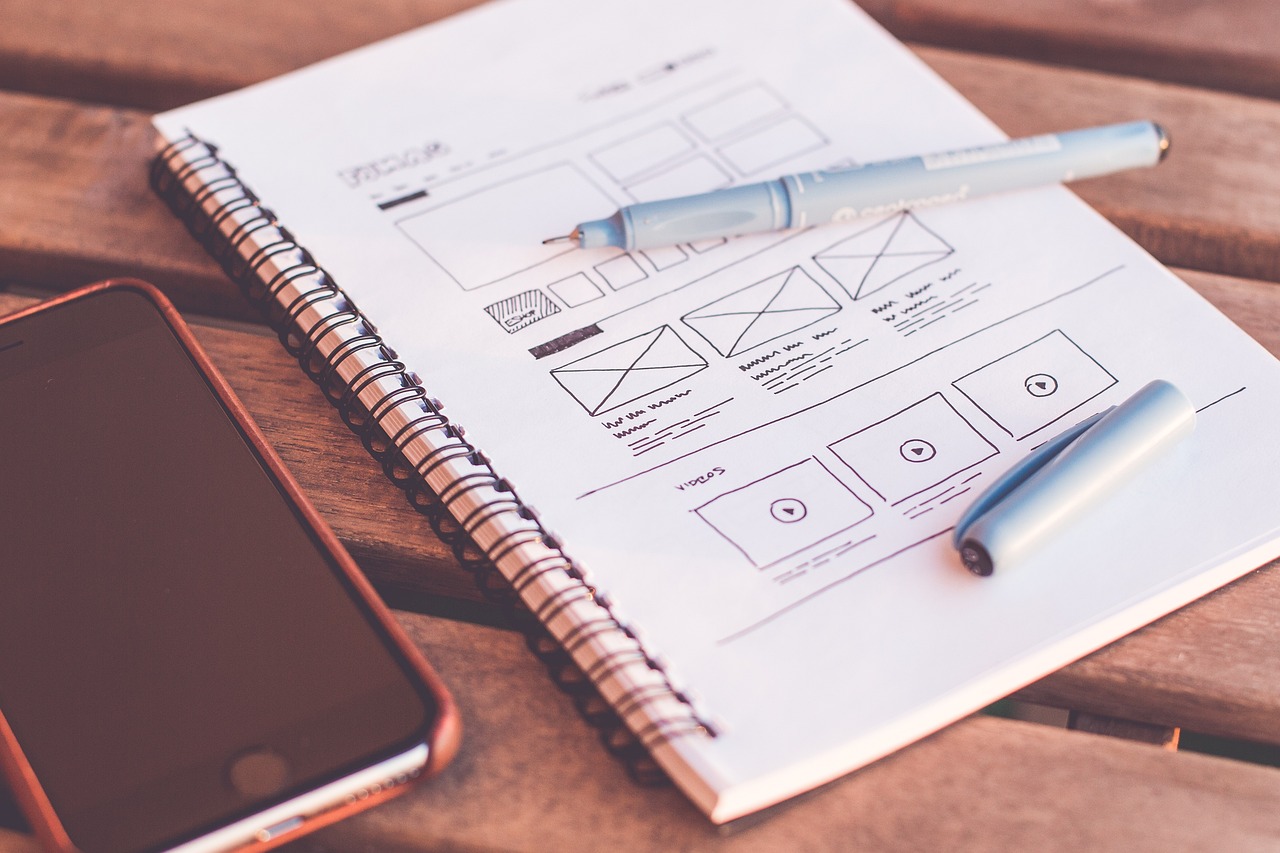Artificial Intelligence (AI) is transforming numerous industries and website design is no exception. From automating routine tasks to enhancing user experiences, AI is revolutionizing the way websites are created, managed and optimized. In this blog post, we’ll explore how AI is shaping the future of website design and what it means for businesses and our developers alike.
Automating the Design Process
One of the most significant impacts of AI in website design is the automation of the design process. Traditional web design often involves extensive manual work, from layout creation to coding and testing. AI-powered tools, however can streamline these tasks, saving time and resources. For example… AI-driven design platforms can generate website layouts based on user preferences and industry standards. These tools analyse vast amounts of data to create aesthetically pleasing and functional designs with minimal human intervention.
Enhancing User Experience
AI can significantly enhance user experience (UX) by personalizing content and interactions. Machine learning algorithms analyse user behaviour, preferences and feedback to tailor the website experience to individual users. For example… AI can recommend products, articles or services based on a user’s browsing history and previous interactions. This level of personalization not only improves user satisfaction but also increases engagement and conversion rates.
Chatbots are another AI application that enhances UX. These intelligent virtual assistants can handle customer inquiries in real-time, providing instant support and information. By integrating chatbots into websites, businesses can offer 24/7 customer service, reduce response times and free up human resources for more complex tasks.
Improving Accessibility
AI is also making websites more accessible to users with disabilities. Tools powered by AI can automatically generate alt text for images, making content more accessible to visually impaired users. Voice recognition and natural language processing technologies enable voice-controlled navigation, helping users with mobility or dexterity challenges. These advancements ensure that websites are inclusive and comply with accessibility standards, broadening their reach and impact.
Optimizing SEO and Performance
Search Engine Optimization (SEO) is crucial for driving traffic to websites. AI tools can analyse search engine algorithms and user behaviour to provide insights and recommendations for improving SEO. For example… AI can identify relevant keywords, optimize content structure and suggest backlinks which helps websites rank higher in search results.
AI can also monitor website performance in real-time, identifying issues such as slow loading times, broken links or security vulnerabilities. By continuously analysing and optimizing these aspects, AI ensures that websites run smoothly and efficiently, providing a better experience for users and improving search engine rankings.
Content Generation and Management
AI is also revolutionizing content generation and management. Natural Language Generation (NLG) technologies can create high-quality content, such as blog posts, product descriptions and social media updates based on predefined templates and data inputs. This capability allows businesses to produce consistent and relevant content at scale, saving time and reducing costs.
Furthermore… AI-driven content management systems (CMS) can automate content organization, categorization and tagging. These systems use machine learning to understand the context and relevance of content, making it easier for users to find the information they need.
The Future of AI in Website Design
As AI technology continues to evolve, its impact on website design will only grow. We can expect more sophisticated AI tools that offer greater customization, deeper insights and enhanced automation. For businesses and developers, embracing AI in website design means staying ahead of the curve, improving efficiency, and delivering superior user experiences.
In conclusion… AI is revolutionizing website design by automating tasks, enhancing user experience, improving accessibility, optimizing SEO and performance and streamlining content generation and management. As these technologies advance, the possibilities for innovation and improvement in website design are limitless. By leveraging AI, 5Step.Website can help your business can create a dynamic, user-friendly and high-performing website that stand out in the digital landscape.

Leave a Reply